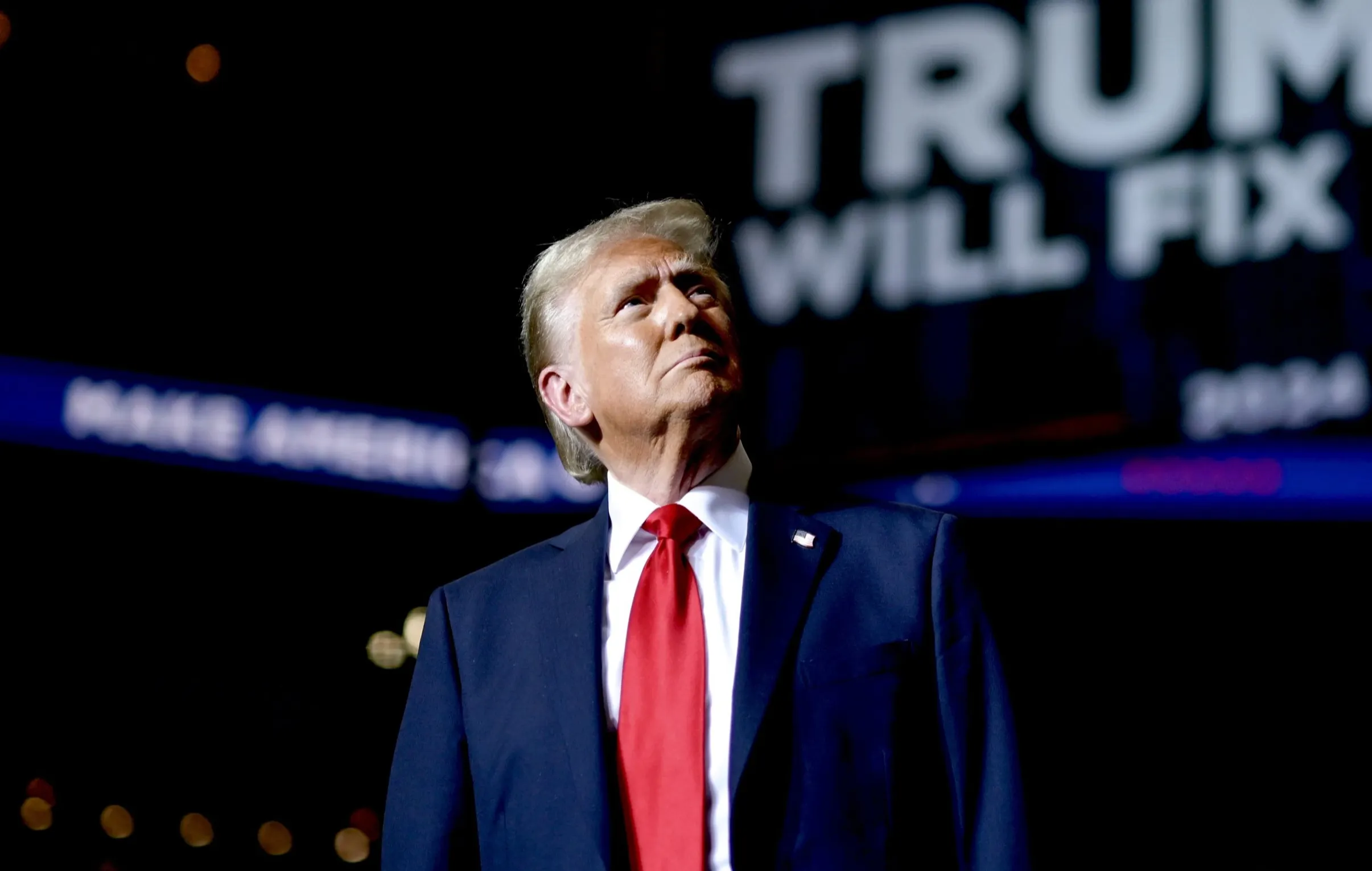Market News
India has lower exposure to US tariffs than peers in the APAC region: Moody's
.png)
2 min read | Updated on February 27, 2025, 09:33 IST
SUMMARY
US President Donald Trump has announced he will impose reciprocal tariffs on its trading partners, including India. The new US administration has already enacted an additional 10% tariffs on imports from China and 25% on steel and aluminium.

Moody's Ratings said that India has a lower overall exposure to the US relative to others in the APAC region. Image source: Shutterstock.
Moody's Ratings said that India has a lower overall exposure to the US relative to others in the APAC region, although certain sectors such as food, textiles and pharmaceutical products face risks. It said most companies in its rated portfolio are domestic-focused with limited exposure to the US market.
To mitigate pressure from reciprocal tariffs, the US and India are reportedly engaged in talks to lower import tariffs on select US products, increase market access for US farm products and increase US energy purchases while seeking to initiate a trade deal by the fall of 2025.
The rating agency says that across APAC, developing countries like India, Vietnam, and Thailand have among the widest rate differentials relative to the US. It said electronics, motor vehicles, food, and textiles are the most exposed sectors. In addition to the hit from lower export demand, a key risk facing emerging economies in the region is that those aiming to nurture an export-led growth model similar to China and other advanced APAC economies will find it difficult to compete in an increasingly interventionist trade environment.
US President Donald Trump has announced he will impose reciprocal tariffs on its trading partners, including India. The new US administration has already enacted an additional 10% tariffs on imports from China and 25% tariffs on steel and aluminium.
Moody's said that while the US is an overall net exporter of food, feeds, and industrial supplies to APAC, it is a net importer of capital goods, automotive vehicles and parts, and consumer goods. Reciprocal tariffs will impact a number of key sectors in APAC with exposure to US final demand, such as computer and electronic products, chemicals, motor vehicles, food, textiles, and wood products.
It said APAC's overall policy response will be crucial in determining the full impact on credit strength. It added, ‘We expect governments will likely act pragmatically, aiming to avoid escalation with the US, preferring to negotiate on a bilateral basis, as shown by recent developments’.
About The Author
Next Story

